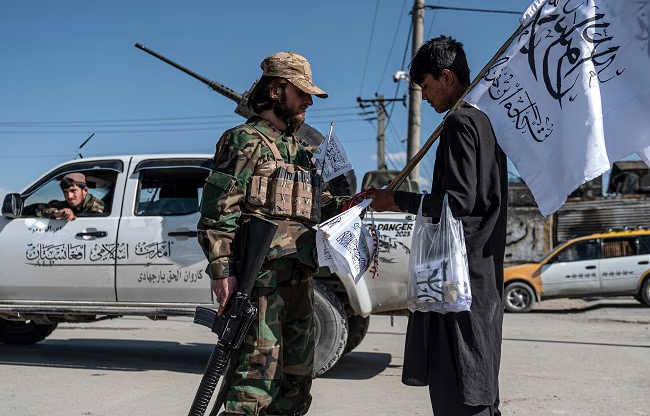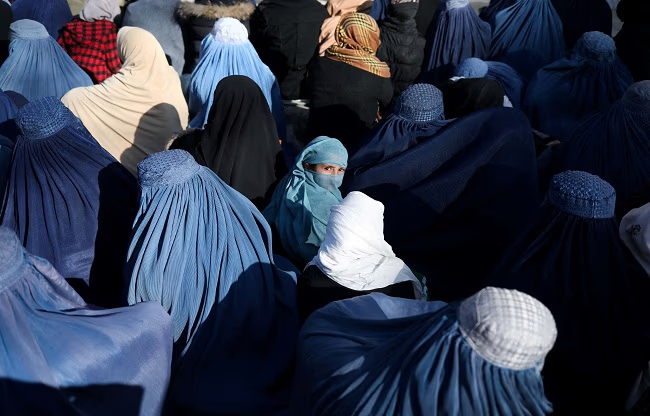In August 2021, the U.S. withdrawal from Afghanistan marked a significant shift in the region. Swiftly after, the Taliban seized control of Kabul. Despite their takeover, the world has yet to officially recognize them as a legitimate government. Now, if America softens its stance, other countries may follow suit in forging connections with the Taliban.
The U.S. recently removed bounties from three Taliban leaders, whose attacks the former Afghan government, supported by the U.S., had been fighting. Among these were those involved in violence that claimed American lives. Consequently, the Rewards for Justice site will no longer list them as targets.
This move follows the release of American prisoner George Glazeman from a Kabul prison after over two years. Reports suggest that the U.S. also lifted restrictions on approximately $3.5 billion from the Afghan Central Reserve, empowering the Afghan government with financial maneuverability.
This complex relationship traces back to 9/11, when the U.S. started operations in regions like Pakistan and Afghanistan in pursuit of terrorist hideouts. Following al-Qaeda's attacks, the U.S. demanded Osama bin Laden's surrender. Subsequently, U.S. military presence sought to destabilize the Taliban-supported regime, eventually establishing a U.S.-backed Afghan government.

Source: aajtak
Two decades later, pressure mounted on America to withdraw troops. Yet, barely had they left when the Taliban resurfaced in Kabul, exerting extreme measures and reviving fears of terrorism. In response, America implemented sanctions, including asset freezing and bounties on terrorists, which are now starting to thaw.
By unlocking the Afghan Central Bank's reserves, organizations like the World Bank and UN can commence limited aid operations, potentially reviving Afghanistan's struggling economy.
A major driving factor is the refugee crisis. The Taliban recently warned that an economic collapse could force many Afghans to flee to the West. This warning served as a diplomatic wake-up call for Washington to engage more directly. Moreover, ensuring terrorist activities don't resurge requires ongoing U.S. interaction and oversight.

Source: aajtak
Since the Taliban's 2021 ascension, they have faced international isolation. Without formal recognition, they remained on the fringes until 2024, when China became the first to politically acknowledge them, followed by the UAE and Russia indicating similar considerations.
The Taliban's extreme Islamist policies trace back to their rise in the 90s under Sunni Islamic education. Once in power, they imposed Sharia law, sparking global outrage, particularly over their treatment of women, restricting their movement, dress, and educational opportunities while espousing draconian punishments.
These actions prompted the swift closure of embassies and refusal to grant them recognition as Afghanistan's rightful rulers.
Lack of recognition means not only the Taliban but all of Afghanistan suffers economically. Until they gain official status, World Bank and IMF assistance are withheld, while U.S. and western loans remain frozen.
Official recognition establishes conditions for mutual acknowledgment between countries, enabling economic and political ties, embassies, and diplomatic immunity—paving the way for international loans and support.




